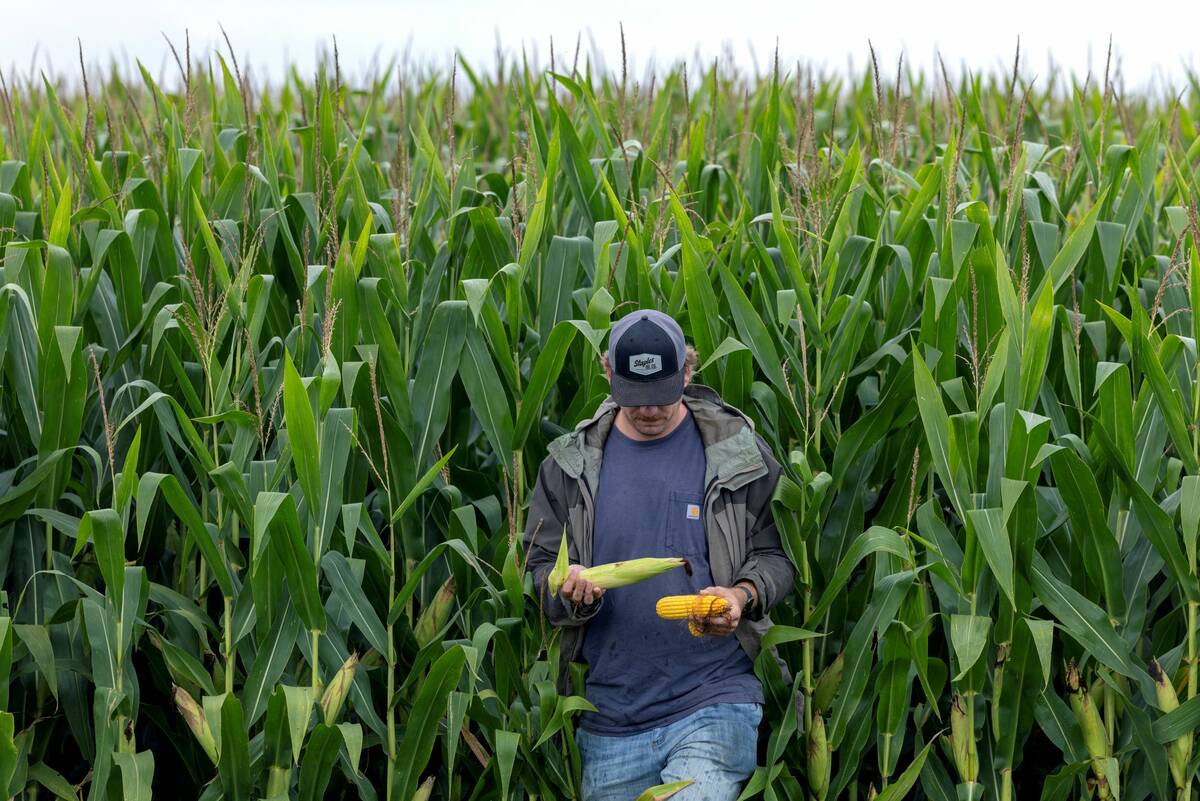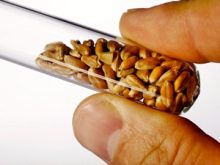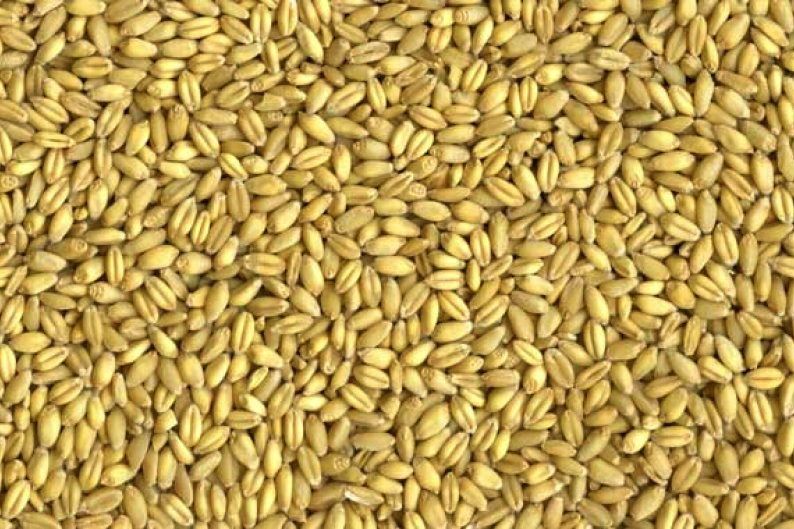A Saskatchewan seed grower will pay $150,000 to SeCan — the largest penalty in the seed company’s history — for breaching SeCan’s plant breeders rights (PBR).
Harvey Marcil of Pasqua Farms near Moose Jaw, Sask., has also agreed to stop making unauthorized seed sales and was expelled from SeCan’s membership, Todd Hyra, SeCan’s business manager for Western Canada, said in an interview.
The previous highest settlement for unauthorized seed sales of SeCan varieties was $120,000 in 2013.
“By enforcing (PBR) and letting people know that we’re enforcing we’re sending two messages,” Hyra said. “One is those that if they are going to infringe we’ll do our best to catch them.
Read Also

The U.S. corn crop could be the biggest ever. That’s terrible news for America’s farmers.
The USDA predicts a record corn crop for U.S. farmers, who question the agency’s accuracy amidst high debt and low crop prices.
“But more importantly we want to let our plant breeders know that if they are willing to invest in Canada that will do our best to support their efforts and ensure they get paid for their innovation.”
SeCan started its investigation into Marcil’s activities in January 2014. The settlement announced this week relates to unauthorized sales of two SeCan PBR-protected varieties, CDC Bethune flax and AC Strongfield durum.
What makes the breach even more troublesome is that Marcil is a seed grower and was a SeCan member, Hyra said.
“When someone has demonstrated they know the rules and is willing to break them then we need to make sure we show we are willing to enforce and protect our plant breeders’ rights seriously,” he said.
Moreover, Marcil’s unauthorized sales of flax seed could have compromised efforts to flush Triffid-contaminated flax seed from the system, Hyra said. Reconstituted flax seed, certified free of the unregistered GMO variety Triffid, was released in 2012.
“All SeCan members agreed to switch over to the new seed stocks and get rid of all past seed stocks,” Hyra said. “Someone selling old stock could’ve caused harm and prolonged the issue for us.”
In this case both varieties were protected under the previous UPOV’78 international protection protocol. New rules apply to varieties protected under UPOV’91, which took effect last year.
When SeCan’s right are breached it seeks to get what it’s owed in royalties, plus other costs, including legal fees, Hyra said.
Watch for more on this story in the Feb. 25 issue of the Manitoba Co-operator.
— Allan Dawson is a reporter for the Manitoba Co-operator at Miami, Man. Follow him at @AllanReporter on Twitter.













